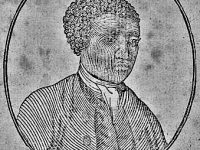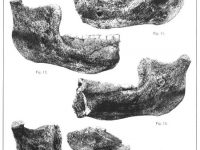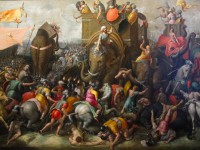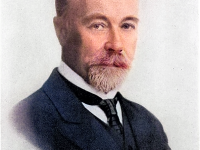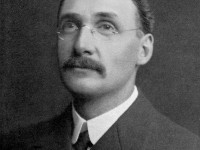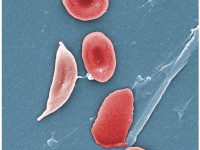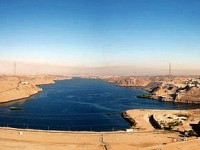The Almanachs of Benjamin Banneker
On November 9, 1731, American almanac author, surveyor, naturalist and farmer Benjamin Banneker was born. Born in Baltimore County, Maryland, to a free African American woman and a former slave, Banneker had little formal education and was largely self-taught. Banneker’s knowledge of astronomy helped him author a commercially successful series of almanacs. He corresponded with Thomas Jefferson, drafter of the United States Declaration of Independence, on the topics of slavery and racial…
Read more

